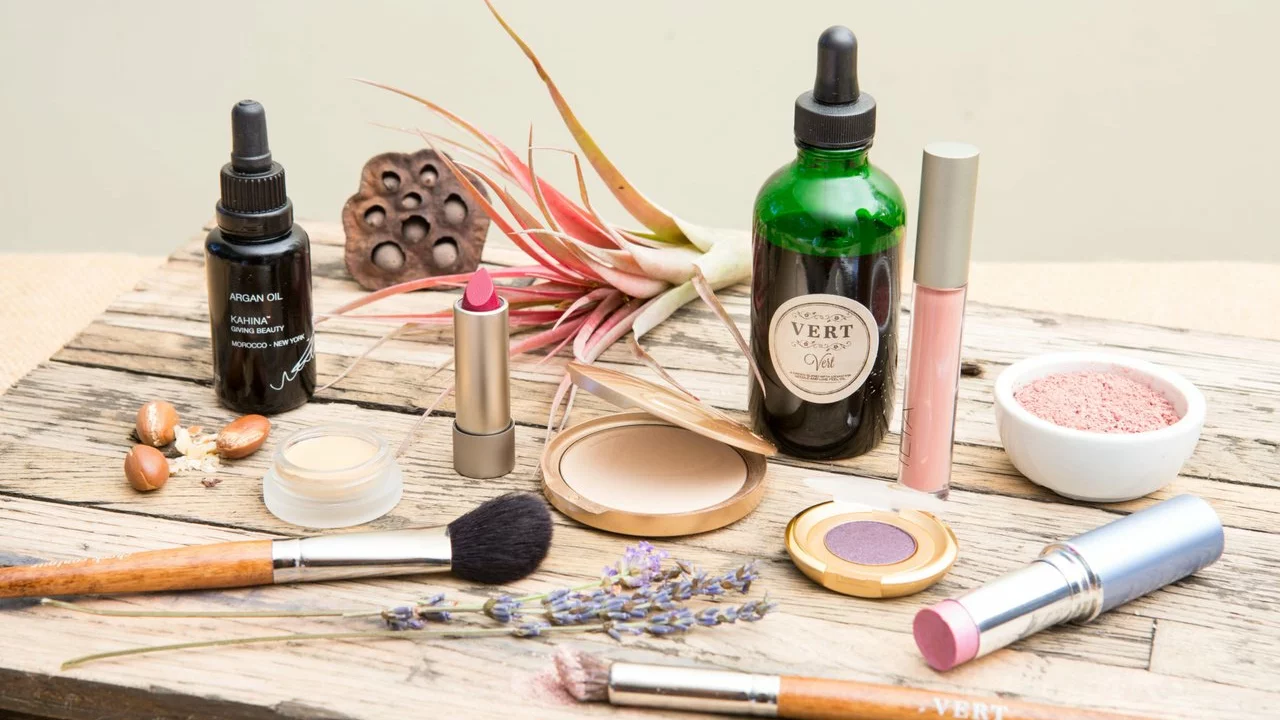Do cosmetic products really work?

Breaking Down the Beauty Magic: What's in the Bottles?
Welcome, my skin-conscious amigos and amigas, to the magical world of powders, creams, lotions and more! I'm Kieran, your friendly neighbourhood blogger, taking you on a magical mystery tour of cosmetic products. Do they really work? Let's unpack this together!
We're famously told 'beauty is only skin deep.' Well, if that's the case, whoever said it certainly didn't account for the multi-billion pound beauty industry! Cosmetic shelves are crammed full with so many offerings, each emblazoned with promising slogans: 'Revitalises your skin!', 'Reduces wrinkles!', and my personal favourite, 'Defies ageing!'
In the past, I've often found myself lost in those labyrinthine aisles, holding aloft some newfangled pot of cream wondering, 'Will this give me the beautifully supple skin of a ten-year-old?' Probably not, but it’s worth exploring.
Unveiling the Cosmetic Science: The Battles of Bathroom
An interesting fact for you: The cosmetic industry is estimated to be a whooping £445 billion industry globally. Now, that’s a lot of hopes and dreams bottled up on shop shelves.
But do these cosmetic products really deliver on their promises? There’s a smidgen of science, a dab of hype, and a bit of hope sprinkled in any beauty concoction. When it works, it's 'science'. When it doesn't, it's 'hope' dashed! Not to forget, that precious feeling when you find 'the one' and your skin actually responds. It’s bliss!
So, where’s the truth here friends? Definitely somewhere in between. Not all that glitters is gold, and not every expensive beauty product is a miraculous fountain of youth. I remember the time when I spent a small fortune on a 'miracle serum.' The only miracle was how quickly I finished the tiny bottle!
The Power of Active Ingredients: Friend or Foe?
If you've ever turned a beauty product around, you've probably seen an army of complex, scientific-sounding ingredients listed there. From retinol to AHAs, from ceramides to hyaluronic acid, each one adds a superpower to your everyday skincare products.
Retinol, for instance, is well-known for its skin rejuvenation qualities. It helps shed the old skin, ushering in a smooth, newborn skin layer. But as exciting as that sounds, it's like inviting a viper into a kid’s party. Double-edged stuff! In its initial phases, it could irritate your skin, causing dryness and flakiness. But persevere, and it’s worth it. Trust me, been there, done that!
Price Vs Effectiveness: Beauty is Not Always Costly!
Here’s a fun fact: some of the most effective ingredients in skin-related cosmetic products happen to be — drumrolls please — the cheapest! Simple hydration, for instance, can be achieved with glycerine, a rather inexpensive ingredient. But well, it’s not as glamorous as 'exotic berry essence from the rainforest', right?
Remember friends, cost is not always a determinant of effectiveness when it comes to beauty products. True, exotic ingredients and rare extracts often jack up the price. Here's what's important: the formula and concentration of active ingredients. Sometimes, a simple budget-friendly cream may outperform an expensive one. Sorry, wallet! I learned this the hard way - a costly lesson inked in my bank statements!
Natural Vs Chemical: The Evergreen Debate
Natural ingredients have become very popular in the cosmetic world, with brands heartily embracing the ‘go green’ wave. But are they always better?
Here's an interesting dichotomy. Hydroquinone, a synthetic chemical, is a potent skin-lightening agent. But it also comes with its fair share of controversies. Conversely, Vitamin C, an all-natural ingredient, is widely celebrated for its antioxidant and skin-brightening qualities. Yet, it's unstable in cosmetic formulations, causing it to be less effective.
As someone who's experimented with both, I can vouch for the mixed bag of experiences. The aftershave lotion that gave me a horrendous rash was all-natural. The moisturiser that saved my skin in winter? Littered with 'chemicals'. So, natural isn’t always necessarily better, and synthesised isn't always harmful. Remember, water’s a chemical too!
So, do cosmetic products really work? The answer is yes, most of the time. To a certain extent, they deliver visible results that are pleasurable and often, beneficial. But they aren't magic potions that can completely transform you. Invest wisely in your cosmetics, and please, always remember: you're beautiful just the way you are!